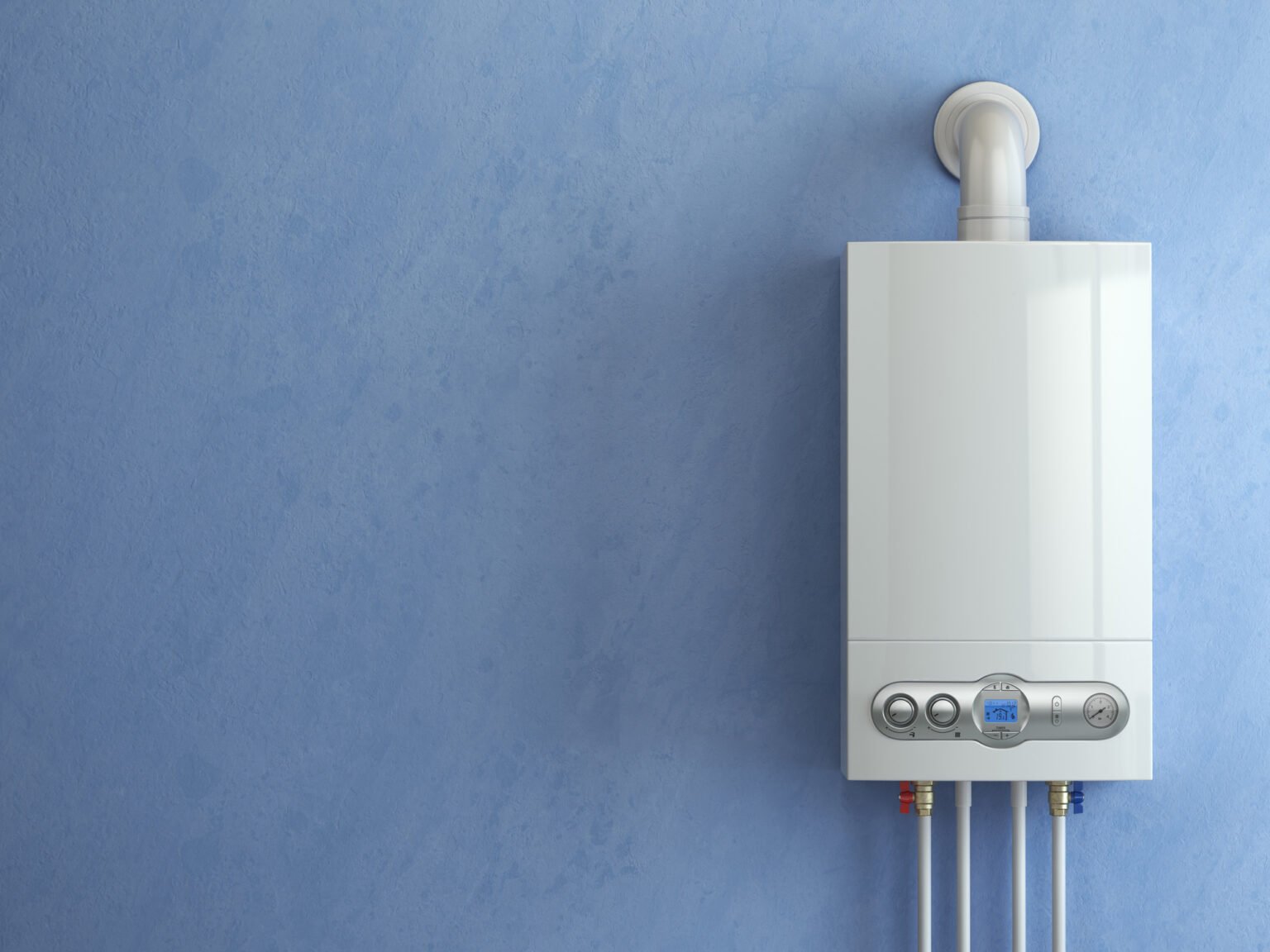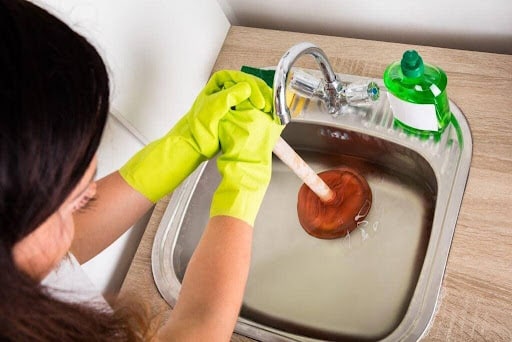Heaters are among the vital home appliances that supply hot water for various activities such as washing, cooking, and cleaning. Multiple shutters are offered, so selecting the best one for your property can be challenging.
As for the pros and cons of the types we have described, it is necessary to understand that every kind of water heater has its benefits and drawbacks, considering such criteria as energy intensity, price, available space for installation, and hot water requirements.
Below are the various classifications of water heaters, which will help you identify the most suitable type for your needs. This information is also critical if you consider replacing the water heater in Saratoga Springs.
Water heater types include:
Table of Contents
Storage Tank Water Heaters
Direct water heaters and storage tanks are the most popular water heaters used commonly in homes. They involve an insulated vessel where water is heated and replenished as and when required. Considering what they offer, these units are cheaper and are simple to install.
Of course, these are not without drawbacks; one is always heat loss through the tank, which would result in higher electricity expenses. The size of the tank also determines the amount of hot water that can be produced at one time; that is, water may run out before one can shower in the evening.
Tankless (On-Demand) Water Heaters
Instantaneous or Demand water heaters do not use a storage tank. Instead, they heat water instantly as it flows through the heater. In the case of hot water, the cold water is directly piped into the unit and heated through either gas or electricity.
These units are better than storage tank water heaters as they only heat water required at that time. But on average, they are more expensive than other alternatives off the shelf and can necessitate your home’s electrical or gas system to meet their requirements.
HPWHs (also referred to as hybrid water heaters )
Splash: a hybrid water heater or heat pump water heater is an appliance that uses electricity to move heat from the surrounding air or the ground and then transfer that heat to the water it supplies.
These units operate at a high energy efficiency level, and energy consumption can be reduced to as low as 40% of what you would use when relying on standard electric water heaters.
Nevertheless, they need more area to be placed and are appropriate for usage in regions with high temperatures or where adequate heat is supplied. It is a relatively expensive product at the start; however, these costs can be recovered through the low energy consumption of the product.
Solar Water Heaters
In solar water heaters, water is heated using the energy from the sun. Therefore, they are environment friendly. Such a system generally comprises solar collectors and a hot water storage tank. They help reduce energy bills; conserving climate and high solar exposure is a significant investment.
The installation cost is high. If the investors want to have the system functional all year round, they must add a backup system to be functional during cloudy days or periods of low sun exposure.
Condensing Water Heaters
This water heater is intended to be efficient for a home with natural gas as its principal energy type. They operate like traditional gas water heaters but recycle most exhaust gasses that would otherwise be released and used to warm the water. This makes them more energy efficient than the conventional gas models of the same category of refrigerators. Nevertheless, they need to be vented correctly and could be more costly to install than regular water heaters.
Final Thoughts
Selecting the right water heater is a function of a number of factors, these being the home’s hot water requirements, cost, energy conservation proportions, and room space for the installation of the equipment. In Tacoma Seattle, Hunt’s Services is a licensed plumbing professional that help you decide what type of water heater is best for your needs.
At a more superficial level, essential storage tank water heaters are perfectly suitable for the ones looking at units at a low price and with little mechanism complexity.
On the other hand, new-age tankless water heaters are ideal for those looking for something a little more efficient and thus costlier. Heat pumps, solar, and condensing water heaters are preferred for energy efficacy; however, they are more expensive.
If you take the time to assess these factors, you will be better positioned to choose the most appropriate water heater for your home and reduce your energy consumption.





